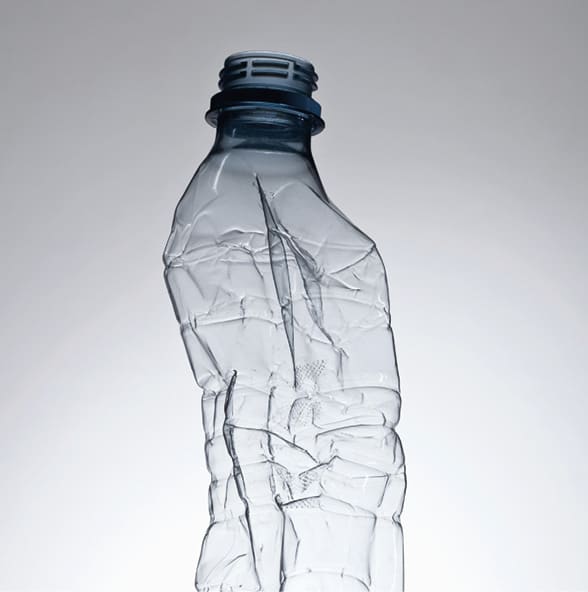We at PURE WATER talk often about our solution, purified water at the nearest source, versus transported water. Bottled water in stores, restaurants, and cafes and water tanks used in the offices: in our opinion, that’s what transported water is. We’re on a mission to replace all of these with PURE WATER. Here is why.
Production of bottles and water tanks
Every water bottle you buy has to be produced. This is done in a factory, usually somewhere not close to your home and not close to the water. There’s material needed for the production of these bottles and the same goes for the tanks, that are often made from plastic.
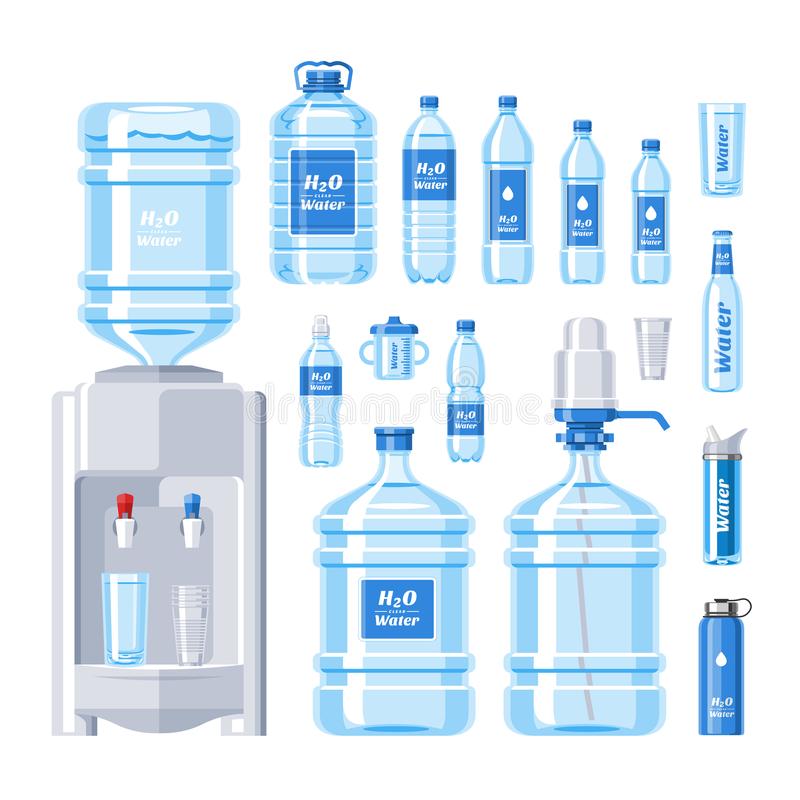
This is not only expensive but also consumes extra resources. Research shows that it takes three times as much water to produce a bottle of water than it actually holds. So for your one-litre bottle of water, there are actually three litres needed. Besides, we can’t ignore the other resources that are needed and the CO2 emissions during the production.
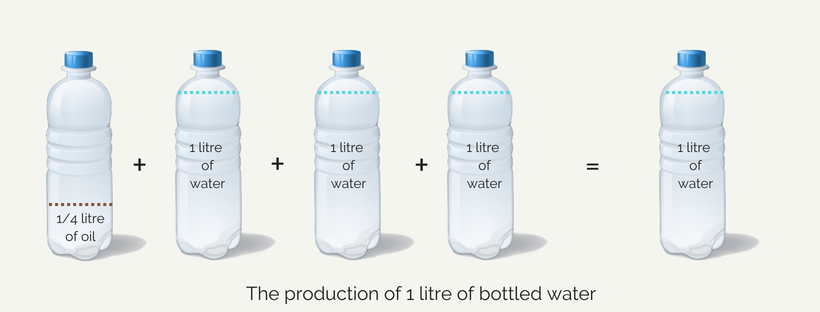
Transportation of water
After they have been produced, these bottles need to be transported to the water source, filled with water, and distributed to the endpoints, such as shops, restaurants, offices, gas stations, hotels, and cafes. Not only in our own country but often across borders and sometimes even to the other side of the world. Finally, for consumption at home, we will have to go through the inconvenience of going to the store to buy water and transport it home.
Transporting this water with trucks and boats is not only expensive but also is resource consuming. We, together, can reduce the environmental impact caused by transported water, simply by replacing it with a more environmental viable solution like PURE WATER.
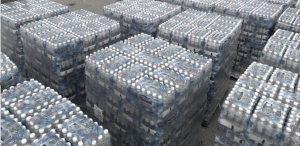
Returning bottles
Once empty, the bottles are often returned through a deposit scheme or to the water company. This means they not only have to be transported again but also have to be cleaned and sometimes even recycled. Although this sounds like a good solution because they’re not being wasted, it has major downsides this is expensive and harmful for our planet. Some even argue that recycling is more expensive than producing new materials,
Bottles that end up in the environment
Unfortunately, not all bottles are returned or binned. A lot of them end up in the environment, causing a threat to nature. It takes over 450 years for plastic bottles to decompose and we cannot ignore the plastics that end up in our world’s oceans, causing major problems for marine life.
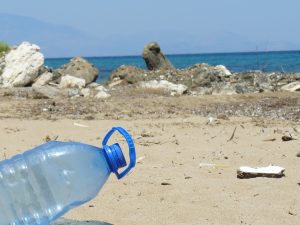
Are you ready to stop using transported water and get your own PUREpoint with delicious, purified water? Get in touch!


